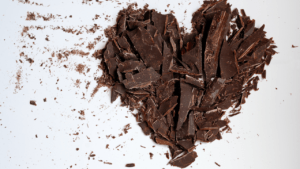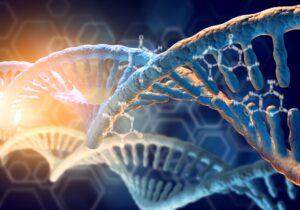Overcoming Alcohol Addiction Naturally
by Vanita Dahia
Addiction affects brain chemicals, and is considered a brain disorder and not simply, a behavioural problem of too much indulgence.
The biological basis of addiction helps to explain why people need much more than good intentions or willpower to break their addictions.
One in 5 people will experience problems with addictions during their lifetime. People get addicted to all sorts of things: the most common addictions are alcohol, drugs, medication, inhalants, tobacco or stimulants; other get addicted to work, sugar, video games or their devices. The good news is that addictions can be managed effectively with the right treatment and support.
Factors that Contribute to Addiction
Alcohol addiction is a complex disease with no single cause. However, there are a number of factors that can contribute to its development, including:
- Genetics: Alcohol addiction tends to run in families, suggesting that there is a genetic component to the disease.
- Mental health conditions: People with mental health conditions, such as depression and anxiety, are at increased risk of developing alcohol addiction.
- Social factors: Social factors, such as peer pressure and exposure to alcohol marketing, can also play a role in the development of alcohol addiction.
Targeted Amino Acids for Addictions
Research has shown that amino acids can play a role in the treatment of addiction. For example, the amino acid L-glutamine has been shown to reduce cravings and withdrawal symptoms in people with alcohol addiction.
The amino acid N-acetylcysteine (NAC) has also been shown to be effective in treating addiction to cocaine and other drugs.
Educational Webinar
Overcoming Alcohol Addiction Naturally
In this webinar, you will learn:
➡ Addiction and the brain
➡ Neurogenetic potential in addictions
➡ Assessing neurochemistry in an addict
➡ Management options for addiction
Test for Addictions
Test for Mental Health – Stress, Anxiety, Depression, Mood




